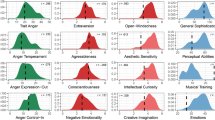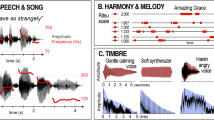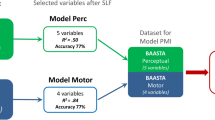Abstract
IN your issue of January 18, you refer (on p, 271) to an article by Dr. Wilks in the Medical Magazine (which I have not seen), in which the learned author points out that music is not to be regarded in its origin as a purely spiritual faculty, but that it admits of a physiological explanation. This discussion is in itself a most interesting one. Dr. Wallace, in his well-known discussion of the relations of music to the other faculties of man, has raised this very question, or one closely allied to it. Wallaschek, as quoted by Dr. Wilks and yourself, asserts that “rhythm, or keeping time, lies at the very foundation of the musical sense.” Rhythm again, he says, “can be referred to muscular contraction and relaxation,” the “muscular sense being the measure of time,” so that the muscular sense is intimately bound up with the idea of music. “Not in the different passions of the mind, but in muscular action, therefore, music appears to have had its origin.”
This is a preview of subscription content, access via your institution
Access options
Subscribe to this journal
Receive 51 print issues and online access
$199.00 per year
only $3.90 per issue
Buy this article
- Purchase on SpringerLink
- Instant access to the full article PDF.
USD 39.95
Prices may be subject to local taxes which are calculated during checkout
Similar content being viewed by others
Author information
Authors and Affiliations
Rights and permissions
About this article
Cite this article
ALLBUTT, T. Music, Rhythm, and Muscle. Nature 49, 340 (1894). https://doi.org/10.1038/049340a0
Issue date:
DOI: https://doi.org/10.1038/049340a0



